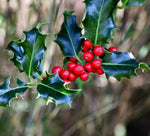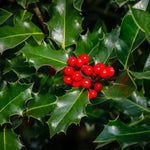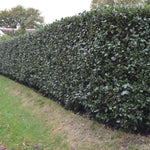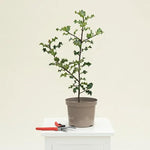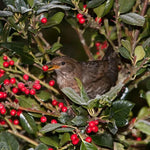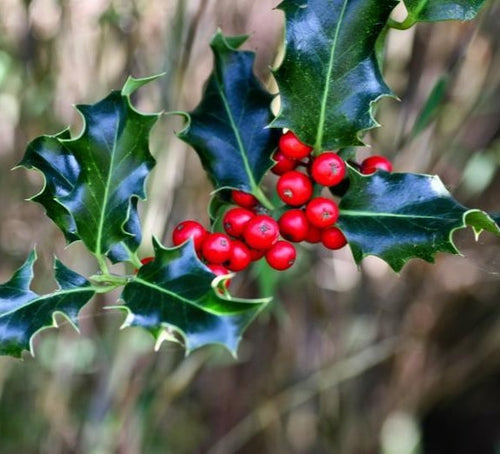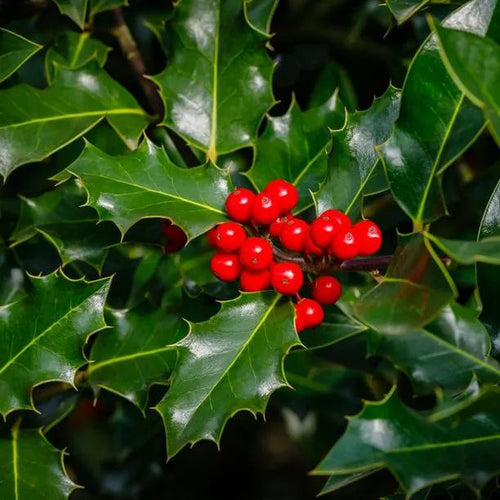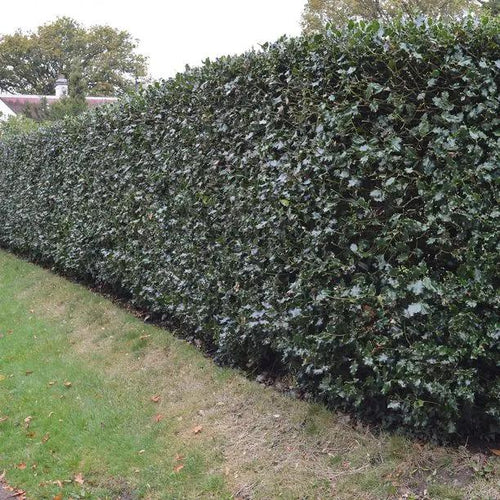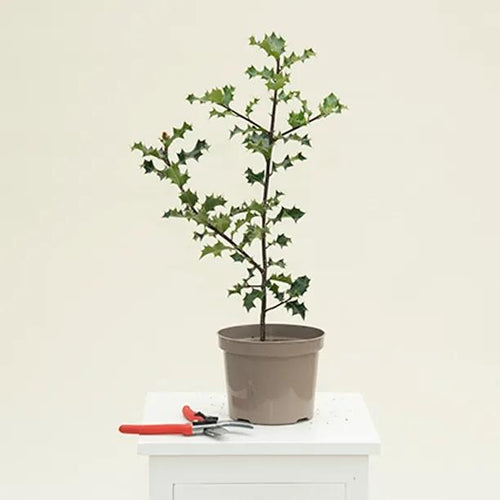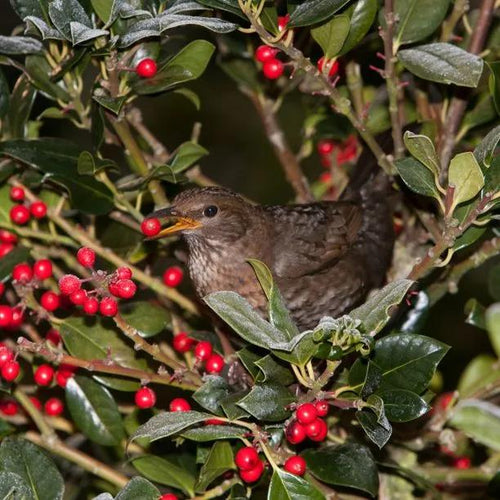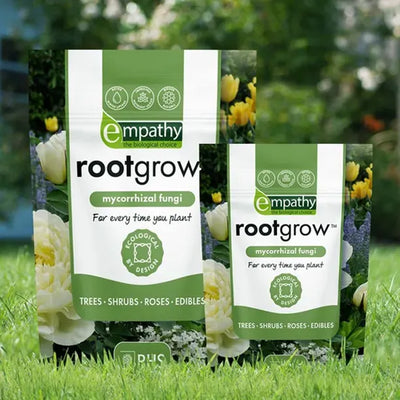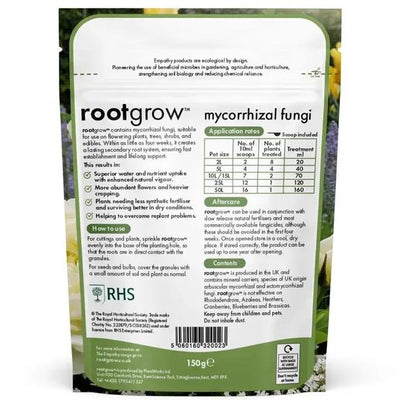 Delivered across the UK
Delivered across the UK Which Best Plant Supplier 2025
Which Best Plant Supplier 2025 1 Year Bareroot Plant Guarantee
1 Year Bareroot Plant Guarantee
About English Holly Hedge Plants
English Holly Hedge Plants
Common Green Holly (Ilex aquifolium) is familiar to everybody and risks being taken for granted. Which would be a mistake: it's a special plant, holder of an RHS Award of Garden Merit, and here's why. Holly will grow into a beautifully shaped, medium-sized tree if left to its own devices, or it makes a dense and glossy hedge all year round. It makes the best possible wind break, due to its densely packed, stiff, and contoured leaves. It's a highly responsive plant for clipping into almost any formal shape. Add the fact that it's stock proof and can provide a lifetime's supply of Christmas wreaths and berries, and everyone should have some in their garden in one form or another. Simply one of the best all-round hedge plants that we grow and sell.
How to grow English Holly
Ilex aquifolium is so easy going, settling in well on all soils from acid to alkaline, sandy and dry to claggy clay. Holly will thrive in shade, on the coast, or next to the pollution of a busy road and, once established, is immune to long, hot, drought-ridden summers. It won't grow in the middle of a swamp, but it's fine next to one where the soil is wet most of the year and gets waterlogged periodically.
Start small. Ilex and its varieties grow away much more strongly when started off young: setback from transplanting increases with age. The amazing textural effect it achieves can be contrasted with yew or laurel to create a tapestry hedge. As with all evergreen hedges it's the perfect backdrop for a mixed and colourful herbaceous border - try to include some bright winter reds to tie in with the berries - Skimmia rubella, Cornus sibirica or Cornus alba spaethii would all be obvious choices. Hollies also lend themselves to having their lower trunk stripped of branches so that you end up with a lollipop; an avenue of these look stunning. Especially so if you use a variegated variety.
Young plants are a target for rabbits, and they like to chew straight through the stem. If rabbits are present, younger 40/60cm and 60/80cm holly plants will need protection with spirals or tree guards for the first couple of years. Bigger sizes have thicker stems and are unlikely to be targeted by a rabbit with other options.
Features
- Size: 15 m as a tree
- Soil: Any
- Use: prickly hedging/topiary
- Single Row: 3 per metre
- Colour: dark green and shiny
- Feature: red berries on female plants
- Our Holly is a natural mix of male & female plants, approx 50:50
- RHS Plants for Pollinators
- RHS Award of Garden Merit
History & Trivia
Holly wood is prized by fine furniture makers who use the pure white wood for inlay work. The bits of holly that you cannot use for furniture make good firewood. Mature holly bushes and trees are a popular habitat for many birds and insects, especially robins, thrushes and blackbirds who have a built-in berry canteen. And while nothing is immune to honey fungus, holly is on RHS list of resistant plants.












 Secure, One-Tap Checkout
Secure, One-Tap Checkout
 Hand Picked, Delivered to Your Door!
Hand Picked, Delivered to Your Door! 1 Year Bareroot Guarantee
1 Year Bareroot Guarantee